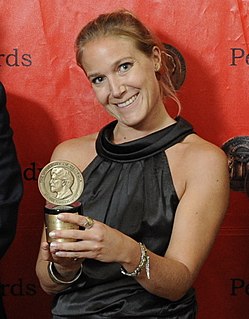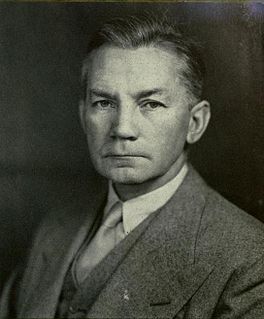A Quote by Henry George
There is danger in reckless change, but greater danger in blind conservatism.
Related Quotes
In a world full of danger, to be a potentially seeable object is to be constantly exposed to danger. Self-consciousness, then, may be the apprehensive awareness of oneself as potentially exposed to danger by the simple fact of being visible to others. The obvious defence against such a danger is to make oneself invisible in one way or another.
All men are by nature conservative but conservatism in the military profession is a source of danger to the country. One must be ready to change his line sharply and suddenly, with no concern for the prejudices and memories of what was yesterday. To rest upon formula is a slumber that, prolonged, means death.
To be fearless is to be reckless. I think you need a certain level of fear because you need to respect the danger and the minute you stop sensing fear, that's the minute you stop respecting the danger, and that's when things can happen. Obviously, you can't panic. It can't be overwhelming. It can't be paralyzing. You always need to have that pit in your stomach. You always need to have that awareness about you.
As formal teaching and training grow in extent, there is the danger of creating an undesirable split between the experience gained in more direct associations and what is acquired in school. This danger was never greater than at the present time, on account of the rapid growth in the last few centuries of knowledge and technical modes of skill.
One can make this generalization about men: they are ungrateful, fickle, liars, and deceivers, they shun danger and are greedy for profit; while you treat them well, they are yours. They would shed their blood for you, risk their property, their lives, their children, so long, as I said above, as danger is remote; but when you are in danger they turn against you.





































